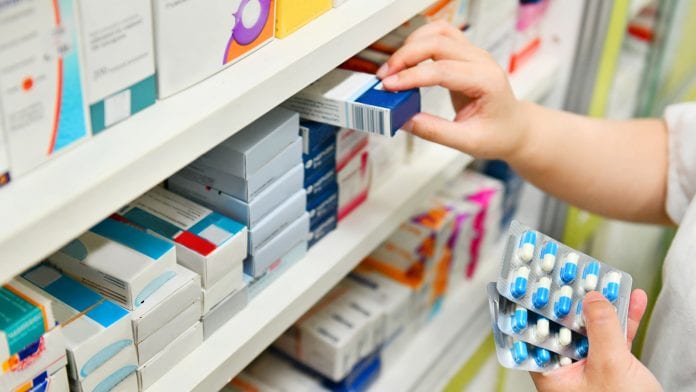
A new scheme that starts this week is aiming to provide innovative antibiotics to NHS patients for the first time in almost 30 years in a bid to tackle antimicrobial resistance.
The NHS is incentivising pharmaceutical companies to bring new classes of drugs to UK NHS patients by offering two contracts to pay the companies at the start of their work for access to the innovative antibiotics. The new drugs will be paid for by a world-first ‘subscription-style’ payment model for antibiotics.
The UK launched a five-year national action plan in 2019 to tackle antimicrobial resistance, which aims for it to be contained and controlled by 2040. However, tackling AMR will require a global effort and the government is today calling for other countries to offer similar incentives in their own domestic markets.
Professor Dame Sally Davies, UK Special Envoy on Antimicrobial Resistance, said: “Antibiotics underpin modern medicine and are integral for global health security. Governments and industry must work together to produce new antibiotics and ensure that we can continue to treat common diseases.
“The UK is leading the way by encouraging companies to produce new antibiotics to stay one step ahead of life-threatening diseases.”
Tackling antimicrobial resistance
With a hope to tackle antimicrobial resistance (AMR), antibiotics that can provide alternative treatment options for serious infections, such as sepsis and hospital-acquired pneumonia, will be a priority.
Professor Gill Leng, Chief Executive, NICE, said: “We are witnessing the effects of one global pandemic, which has highlighted the threat of communicable disease. Alongside the threat of coronavirus is the increasing risk posed by antimicrobial resistance, exacerbated by a sparse antimicrobial development pipeline.
“That is why we need to incentivise investment in innovative antimicrobial drug development as soon as possible. Along with our key partners, we have committed to develop and test innovative models for the evaluation and purchase of antimicrobials, applying advanced evaluation methods that recognise their full value to public health. We hope that this project will inspire healthcare systems across the world to consider adopting similar models so that collectively, we deliver meaningful incentives that reinvigorate the global antimicrobial pipeline.”
Currently, antibiotic research is an unattractive area due to the high cost and low returns associated with it, and because development makes it commercially unattractive. The motive behind the ‘subscription-style’ payment model for antibiotics is to encourage antibiotic research and will be made available to UK patients potentially as early as 2022.
Paying pharmaceutical companies upfront
The new payment model was launched in July 2019 and will pay pharmaceutical companies upfront for access to their antibiotic product, based on a product’s value to the NHS, rather than how much is used, and suppliers can register interest for the scheme from this week on NHS England’s eTendering Service.
Two drugs that have proven to be both safe and effective will be selected to undergo health technology assessment (HTA) by the National Institute for Health and Care Excellence (NICE) throughout 2021 using adapted methods for antimicrobials. The HTA will be used to decide the level of the subscription payment.
Health Secretary Matt Hancock said: “The incredible discovery of antibiotics nearly 100 years ago transformed the health of our nation and our ability to combat infections. Diseases that were once a death sentence are now treated in just one small step. But resistance to antibiotics is increasing and it’s imperative we take urgent action on a national and global scale to protect future generations.
“This new way of buying antibiotics for patients in the NHS breaks down restrictive barriers to offer companies a vital springboard to foster innovation and develop potentially life-saving new products.”








